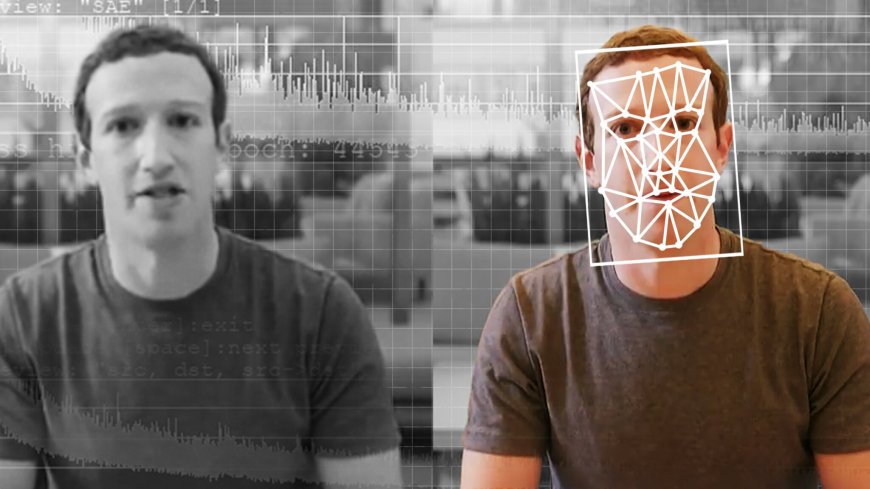Senate Subcommittee Grapples with Deepfake Threats in Elections and Sexual Abuse

Three experts in deepfake-detection software testified before the Senate's subcommittee on privacy, technology, and the law on Tuesday, shedding light on Congress's role in regulating the artificial intelligence landscape, particularly in response to the proliferation of malicious deepfakes.
Deepfakes, which are deceptive audio, video, or images generated or altered using AI technology, have emerged as a concerning tool for spreading misinformation and perpetrating digital abuse.
The hearing, which took place against the backdrop of growing concerns about disinformation in the 2024 election cycle, addressed various instances of deepfake manipulation, including a notable case in January where deepfake audio impersonating President Joe Biden was distributed via robocalls to thousands of voters in the New Hampshire primary. Additionally, the use of deepfakes to create fake nude images by overlaying real faces of women and girls was discussed, highlighting the multifaceted risks associated with this technology.
Sen. Richard Blumenthal, D-Conn., the committee chairman, emphasized the urgency of addressing the threat posed by political deepfakes, stressing that such manipulation is not a distant possibility but a present reality. He outlined Congress's proposed regulatory framework, which includes requirements for independent testing of AI technology before public release and potential penalties for misuse.
The testimony of Zohaib Ahmed, CEO and co-founder of Resemble AI; Ben Colman, CEO and co-founder of Reality Defender; and Rijul Gupta, CEO of DeepMedia, provided insights into the technical challenges and implications of combating deepfakes.
Despite some states taking legislative action to address deepfake-related issues, such as banning election interference or providing avenues for civil litigation in cases of deepfake sexual abuse, federal efforts to enact comprehensive legislation have faced obstacles. Sen. Josh Hawley, R-Mo., called for bipartisan cooperation to advance federal legislation, cautioning against the unchecked proliferation of deepfake technology and its potential to undermine democracy.
The hearing also highlighted the accessibility of deepfake creation tools, with reports revealing that the New Hampshire Biden robocall was created using readily available software. Concerns were raised about the difficulty of enforcing regulations in an environment where malicious actors can easily circumvent safeguards.
As the Senate grapples with the complexities of deepfake regulation, the testimony underscored the pressing need for collaborative efforts to mitigate the risks posed by this evolving threat to elections and individual privacy.













































